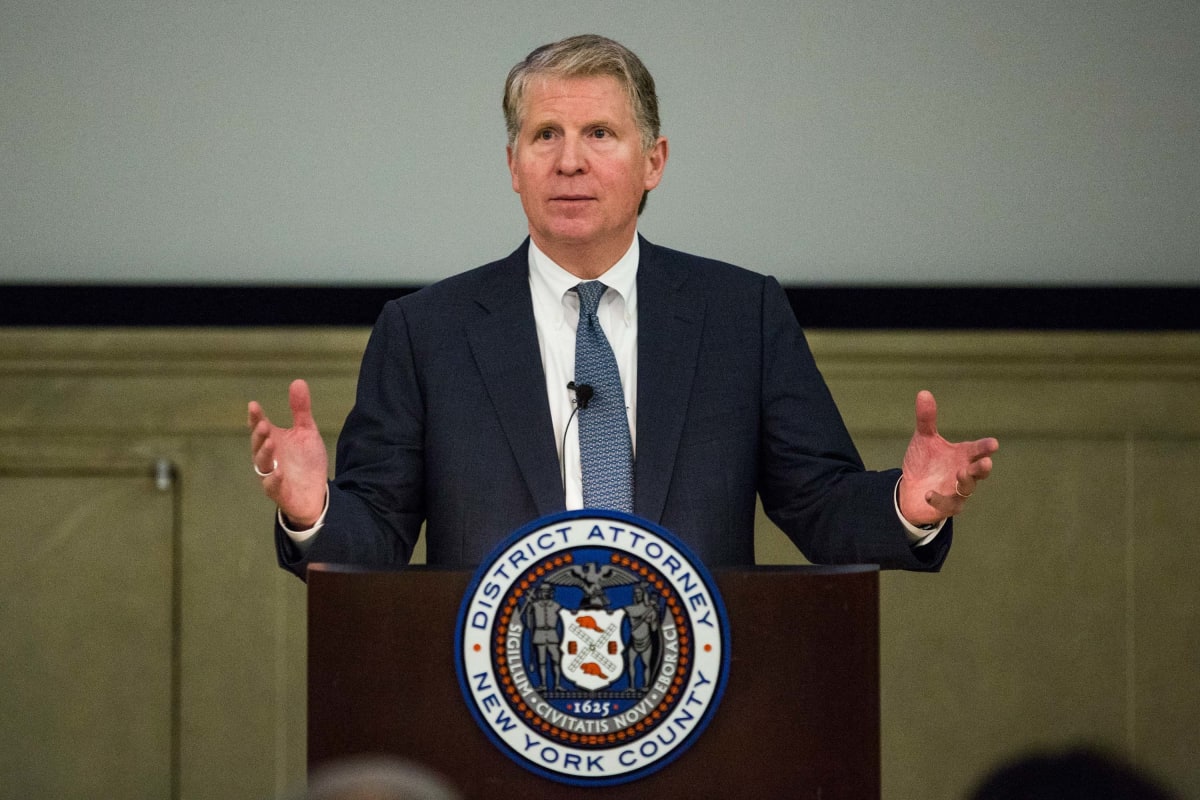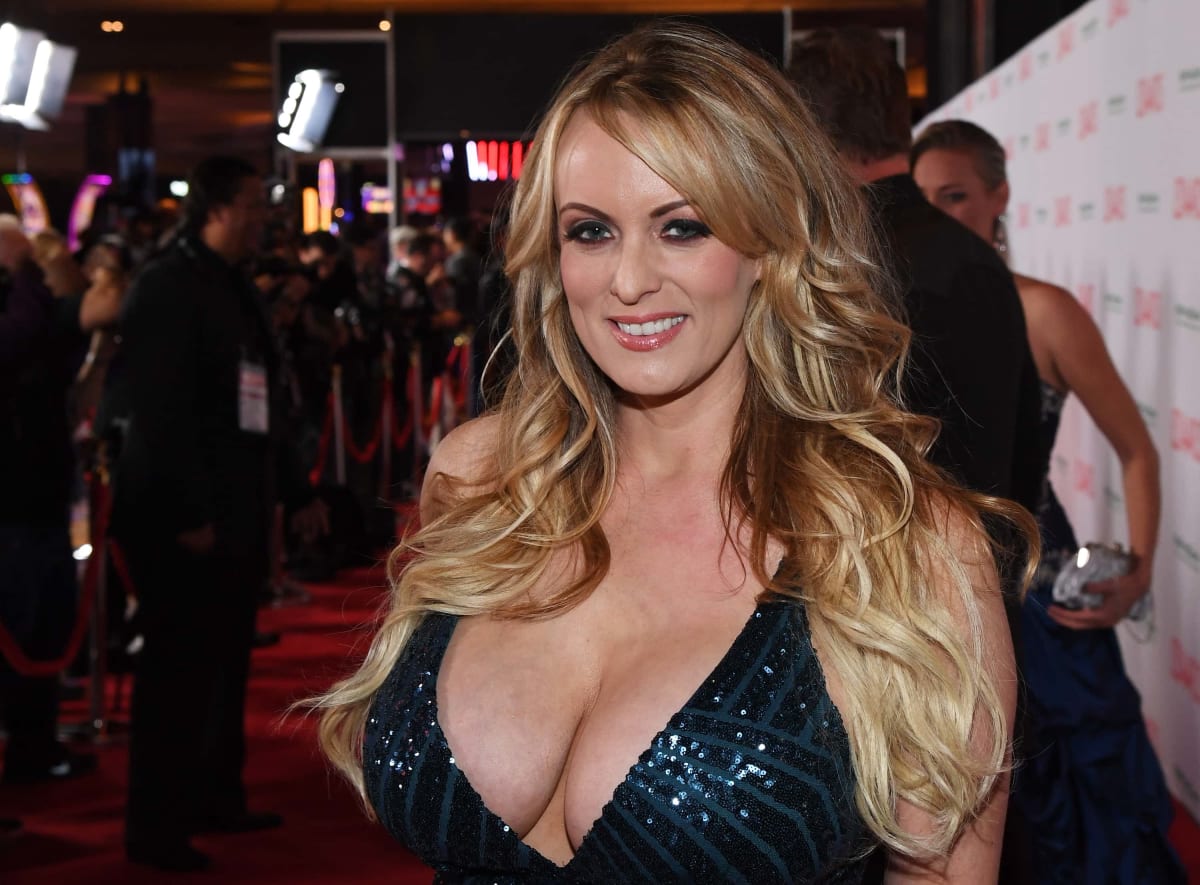Has Trump exhausted legal options to block tax returns? Supreme Court allows NY prosecutor access to his records

Former President Donald J. Trump has lost his legal battle to block access to his tax returns as the U.S. Supreme Court ruled Monday that a New York grand jury can obtain his personal and corporate tax records for review.
As noted by NBC News, the ruling does not mean the records will be made public anytime soon, and they might never be publicly released altogether. Materials turned over to a grand jury must be kept secret, per state law. However, the apex court's decision has enabled Manhattan District Attorney Cyrus Vance to demand Trump's accountants to turn over the tax documents that the 45th POTUS has so far refused to surrender to investigators or Congress. Responding to the Supreme Court order, Vance noted that "the work continues."
RELATED ARTICLES

According to NBC News, the former president has exhausted his legal options to block the subpoena following the Supreme Court decision. Meanwhile, the tax documents would only be made public if Vance brings criminal charges and introduces them as evidence at a future date.
Vance is seeking tax returns across a period of eight years in order to facilitate a grand jury investigation of alleged hush-money payments and other financial transactions. The probe first began when disgraced former Trump attorney Michael Cohen paid pornstar Stormy Daniels $130,000 to keep silent about her alleged affair with Trump, an accusation the former president has strongly denied.
Furthermore, Cohen has alleged to lawmakers that the Trump organization sometimes lied in its financial statements in order to obtain favorable loan terms or evade taxes.
The Supreme Court rejected Trump's argument in July 2020 that he was immune from being probed due to his position as a sitting president. However, the top court ruled that the then-president could try the lower courts again with the same arguments available to anyone attempting to defeat a subpoena, according to NBC News.
The following month, however, a federal judge in New York ruled against Trump's efforts to get the subpoena thrown out, saying his defense was almost the same as his original immunity argument. The ruling was affirmed by the 2nd U.S. Circuit Court of Appeals.
The subpoena was deemed by Trump's legal team as vastly overbroad and issued in bad faith in order to harass him. They argued that if Vance was only looking at payments made by Cohen, it wouldn't explain why Vance had simply copied a "much broader subpoena issued by a congressional committee," per NBC News.

Trump's team noted to the Supreme Court that the first subpoena issued by a state for the records of a sitting president should have been appropriately tailored.
"Its near limitless reach-in time, scope, and geographic reach-has all the hallmarks of a fishing expedition," his lawyers argued. "And the fact that the subpoena was issued to a third-party custodian while tensions were running high between the Trump Organization and the district attorney, and for dubious reasons of efficiency, only makes the allegation of bad faith that much more plausible."
Meanwhile, Vance has indicated in recent court filings that he may be looking at Trump for more than just hush-money payments. "The investigation concerns a variety of business transactions and is based on information derived from public sources, confidential informants, and the grand jury process," Vance told the appeals court, adding that it could include falsifying business records, insurance fraud, and tax fraud.










